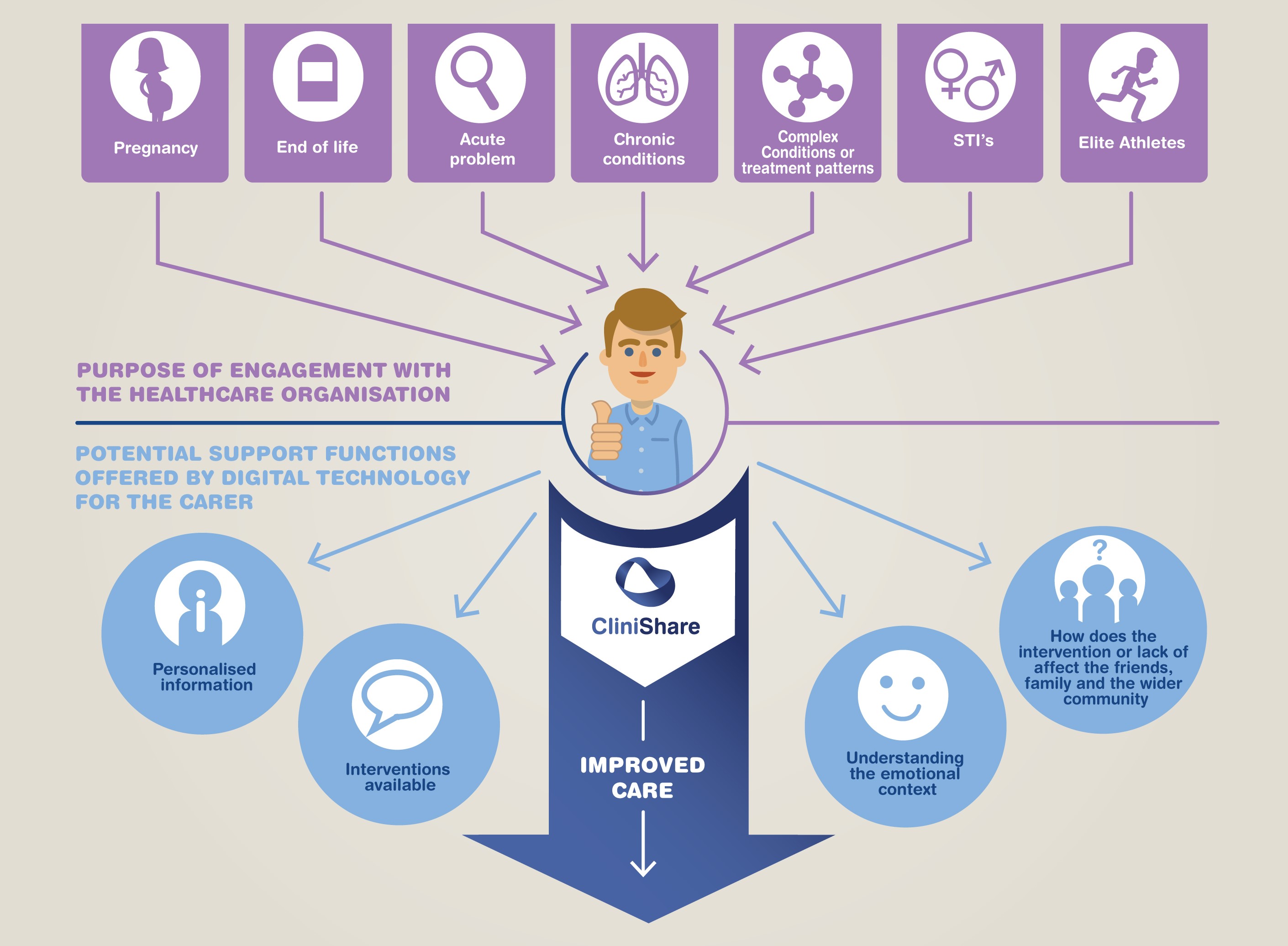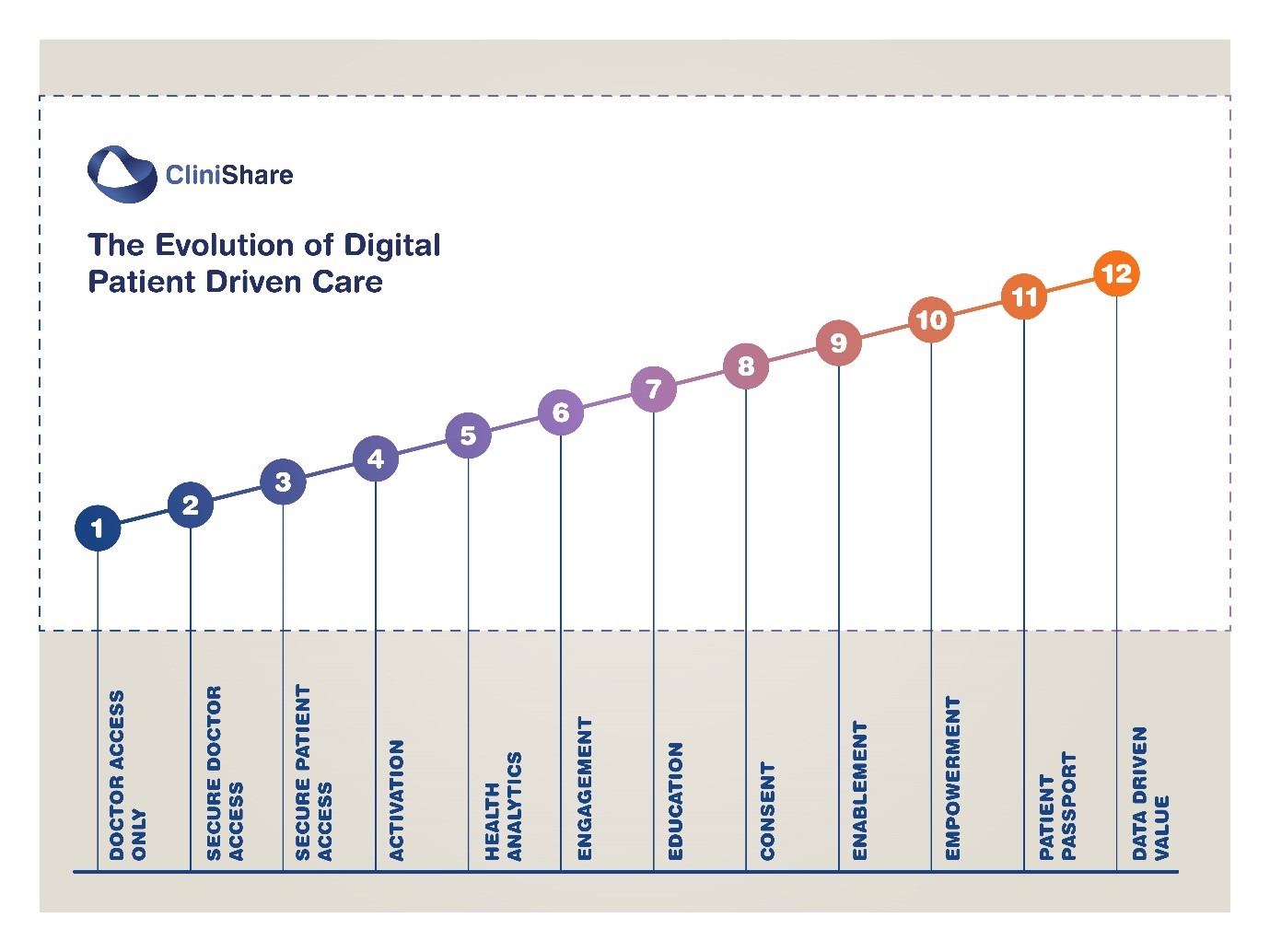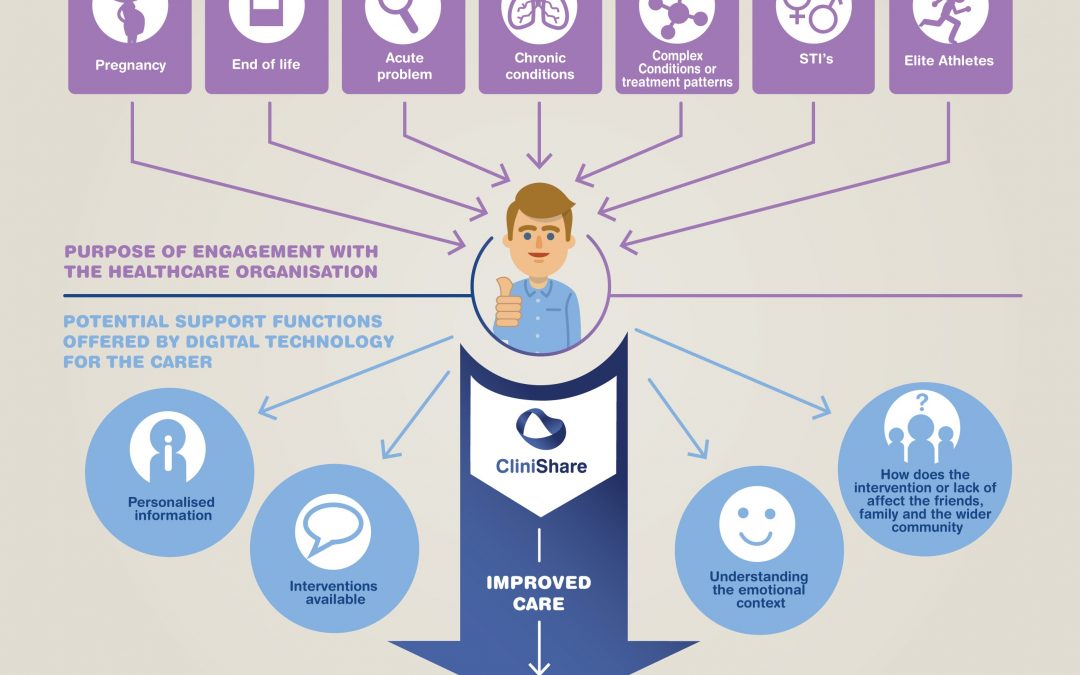When we are unwell, or when we see a relative being unwell, we get the chance to explore the care system. When in the hospital as an end user we see the nuts and bolts of the care pathway. We see the influence of the consultant, the doctor, the sister, the nurse, the care assistant, the cleaner.

All these people are key to making our care and that of our loved ones complete. Care being the operative word… Unfortunately, we don’t all get better, and even if we do, to directly attribute that wellness to the doctor alone would be wrong. Strong knowledge and the correct interventions are obviously critical but at the same time it’s the care we and our families are shown that is critical.
We want to find a human connection with our carers we want to feel like they can empathise with the situation, we want to know that they care. Of course the doctor cares just as the care assistant does but the importance of “caring skills” is perhaps much more essential in the caring assistant who we see so regularly, than it is in the doctor.
We don’t want the care assistant to devise the next intervention or to interpret our results, rather we want them to simply show they care.
So the argument is there is a science to this debate, that “care,” can be tangible, can be monitored, is substantial… Empathy matters and should be recognised as a key element of the care process.
To date Phycology, and Psychiatry, the social sciences have diverged perhaps from the technology available. Facebook knows perhaps more about our interactions than we as humans could ever pick up at a human level. Psychometrics on the other hand has gone further and at the very least certain measures give indications of personality types and how someone may be predisposed when it comes to vocational callings. For our purposes is the individual driven to “care.”
New tools will emerge to tackle the individual applications in care.
Diagram of the situations involved in care:

The argument here is that measuring care and understanding it is a requirement of any future healthcare service. No “Watson” can replace that very real and deep connection of a caring and supportive glance from an empathetic human being.
This evolution of an understanding of care however requires the evolution of a new industry. Unlike direct clinical outcomes care is not a statistic can be picked up through a simple Internet of things (IOT) approach, but rather it requires the talents of a facebook type platform applied differently. From IOT we are starting at the tip of the iceberg, but we will no doubt grow much deeper.
We cant just expect to record blood pressure, and run a complete blood panel and expect to understand care, no rather we need to go through the steps of activation, engagement, leading to enablement and empowerment.
The Digital runway to patient driven care :

Only after time getting to understand this data will we then perhaps have insight into a brand new world of complex data, gained not from devices but gained directly from us.
The future of healthcare as it always has done involves people, understanding how “care,” impacts us is the next hurdle for us to overcome in this digital health revolution.
Once we know how “care,” impacts us we can start to understand how to intervene, to create better carers, and to ourselves become better carers.


Recent Comments